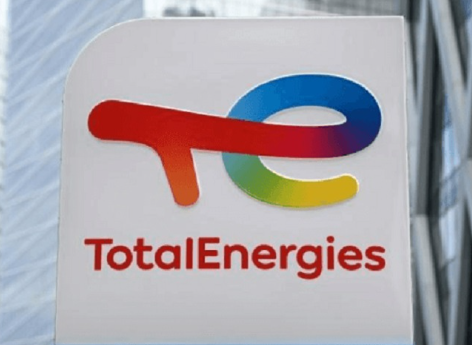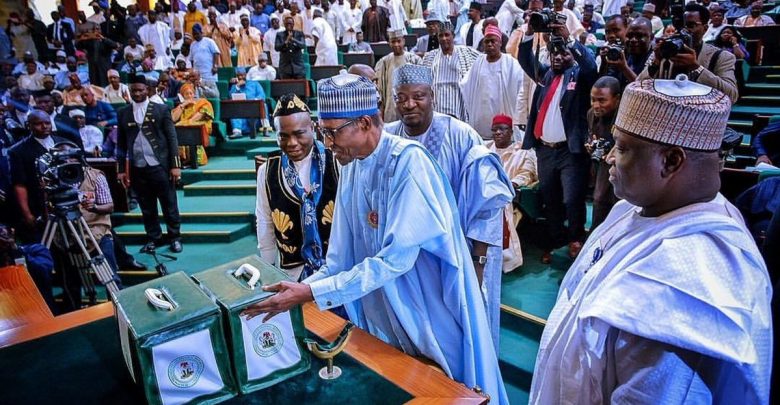With Nigeria agreeing the Organisation of Petroleum Exporting Countries’ (OPEC) new condition not to cross 1.8mbpa, the country may begin to lose about N58bn daily if oil production exceeds the new mark.
Though it was a voluntary agreement with OPEC not to cross 1.8mbpa, analysts say momentary hostilities in Niger Delta may not allow oil production to hit the target mark.
Business Hilights recalls that OPEC Secretary-General, Nigeria’s Mohammad Barkindo said on Monday Nigeria has no intention of going beyond its oil production target of 1.8 million barrels per day (bpd) until the end of March 2018.
The Joint OPEC-Non-OPEC Ministerial Monitoring Committee (JMMC), which met in St. Petersburg for its fourth meeting yesterday, also called on several members to boost compliance with production cuts to help clear excessive global stocks and support prices.
By the OPEC’s decision, Nigeria, which pegged its crude oil production at 2.2 million barrels per day to finance the 2017 budget, would have to struggle with a shortfall of 400,000bpd.
At the current market price of $47 per barrel, the country would be losing about $188 million (N57.528 billion) daily, which would have been part of the revenue needed to finance the 2017 budget.
OPEC and 11 other producers, including Russia, had agreed in December to reduce their combined output by almost 1.8 million barrels per day (bpd) in the first half of this year, to support prices and curb oversupply.
However, Nigeria and Libya were exempted from output freeze due to domestic challenges already limiting the countries from producing to a maximum level.
The trending position of the cartel is to monitor Nigeria’s production patterns in the next few weeks to determine when to implement the output.
Reviewing OPEC’s consideration for Nigeria, the Director-General, Lagos Chamber of Commerce and Industry (LCCI), Muda Yusuf, said the market had faced pressure in recent weeks due to weaker OPEC compliance with cuts and rising production from Libya and Nigeria, which have been exempted from the reductions.
He said the scenario would increase the country’s debt service burden and capacity to fund budget. “There is a limit to what we can actually borrow as a country, especially when our borrowing is almost reaching a saturation point. It is going to impose a lot of strain on the economy,” he said.
According to Head, Energy Research Ecobank Group, Dolapo Oni, “technically, Nigeria could achieve the 1.8 mbpd level. “We can, what we’ll need to do is spend money on joint ventures to achieve that”.








